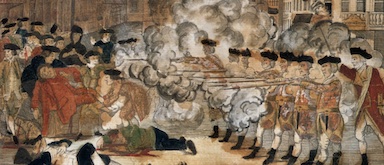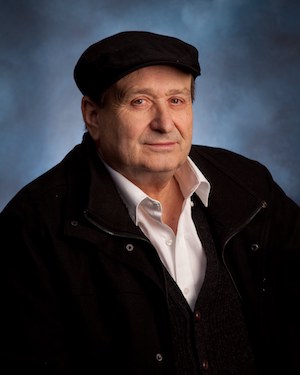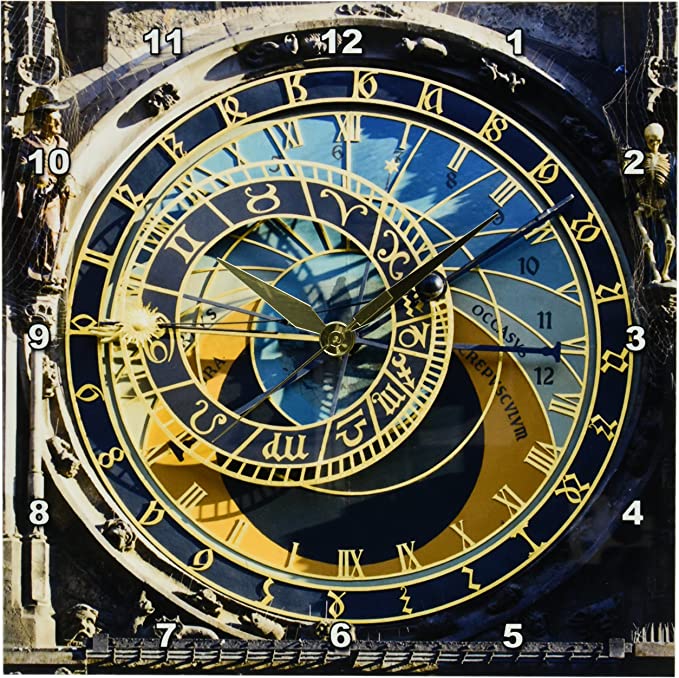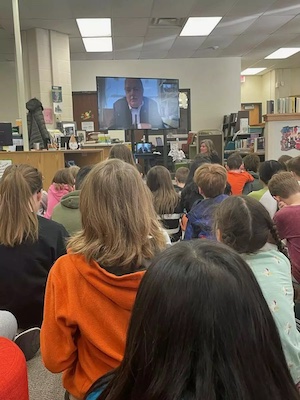
Just back from Arisia, where I did a terrific panel on worldbuilding. There were a lot of interesting points, which I will not recount here – I didn’t take good notes (many in the audience did, which means they were listening). I really enjoyed listening to fellow panelists on the subject.
I write alternate historical fiction, so there’s a considerable amount of worldbuilding involved in the writing process. One of the subjects we touched on is the extent to which people get obsessed with the created world. instead of focusing on the extent to which the world is relevant to the story. So much work on a creative piece is the iceberg below the surface – notes, research, cause and effect, maps, character sketches, genealogies, whatever. It doesn’t all have to come into the story, and if the plot demands a change it’s necessary to alter your view of that world.
Another question asked during the panel was whether the world came first or the story. Jeanne Cavelos, a marvelous writer whose work I need to read more of, made two excellent points: first that a story possesses, or should possess, a novum: something unusual that sets it apart, the new thing to interest the reader, and that there is often a conceit, the thing that gets the reader into the story and that may have gotten the writer to compose it in the first place. These concepts clarify for me why, and how, I’ve come up with the alternate history milieu in which City By the Bay takes place.
Let’s start with the conceit. As a historian by training, ideas of alternate paths often cross my mind, and the idea that a world without the United States has always been intriguing. There are a few ways to do this, and the easiest one is to short-circuit the American Revolution. It doesn’t leave the Americans in a very happy place. The problem was that, past certain points of history, there’s no avoiding the rebellion itself.

Yeah, we’re not going back now.
Years ago I tried to decide how far back to go to find a path to no revolution, no rebellion. People point to the Stamp Act as the big breaking point, taxation before representation, blah blah. But it’s clear that Americans, particularly in places like Boston and Philadelphia and Virginia, were already chafing against British rule by 1765. Consider the reaction by Pennsylvanians to the arrival of General William Braddock, who was intending to win the war against the French even if he had to commandeer everything in reach to do it. (He failed horribly, and would have angered every prominent citizen in Pennsylvania if Benjamin Franklin hadn’t stepped in and supplied him with what he needed). But you can even go back further. in 1745, American colonists took it upon themselves to besiege the fortress of Louisbourg, and when this achievement was traded back to the French in a status quo ante peace deal in 1748, the colonials were mighty upset.
The ultimate reason for American ire against the British wasn’t merely the taxation, it was the representation. Unlike most places in the British Empire, the inhabitants of the American colonies were not “natives” but rather citizens – they were just in a place other than Great Britain. They believed that they had not only obligations but rights. On the other side of the Atlantic, the people who had power from the King to the Parliament to (truly) the man on the street really had no idea how big, or how important, the American colonies would be; or if they did know, they worried about it. Remember that this was before there were any revolutions at all; as Howard DaSilva as Franklin says in 1776, the American Revolution was a new idea: “no colony has ever broken from the parent.” What’s more, the principals of the Revolution, like Franklin and Washington, were loyal servants of the Empire . . . until they weren’t.
In order to make this work the way I wanted, I had to go even further back. I hit upon a place where things could change, and it relied upon having people in power who recognized, and prized, America and its citizens. I went back to 1736, most of a century before the first part of City By the Bay (1816). It works; it satisfies my historian inclinations, and it makes for an interesting alternate world that I hope you will enjoy.
City By the Bay will be republished by Prince of Cats this year, and when I finish it, there’s going to be another book: King and Country, which many of my friends and readers have been awaiting for years. This will clarify the setting. I expect, and hope, that there will be more in the universe in time to come.
Stay tuned.
About Walter Hunt
Share This Post
2 Comments
Comments are closed.



Weirdly enough, Braddock is considered more a sad buffoon than anything else in the Pittsburgh area these days – there’s a small town and the accompanying school district named Braddock, and there are several places named after his assistant Colonel Washington.
Weirdly enough, Braddock is considered more a sad buffoon than anything else in the Pittsburgh area these days – there’s a small town and the accompanying school district named Braddock, and there are several places named after his assistant Colonel Washington.